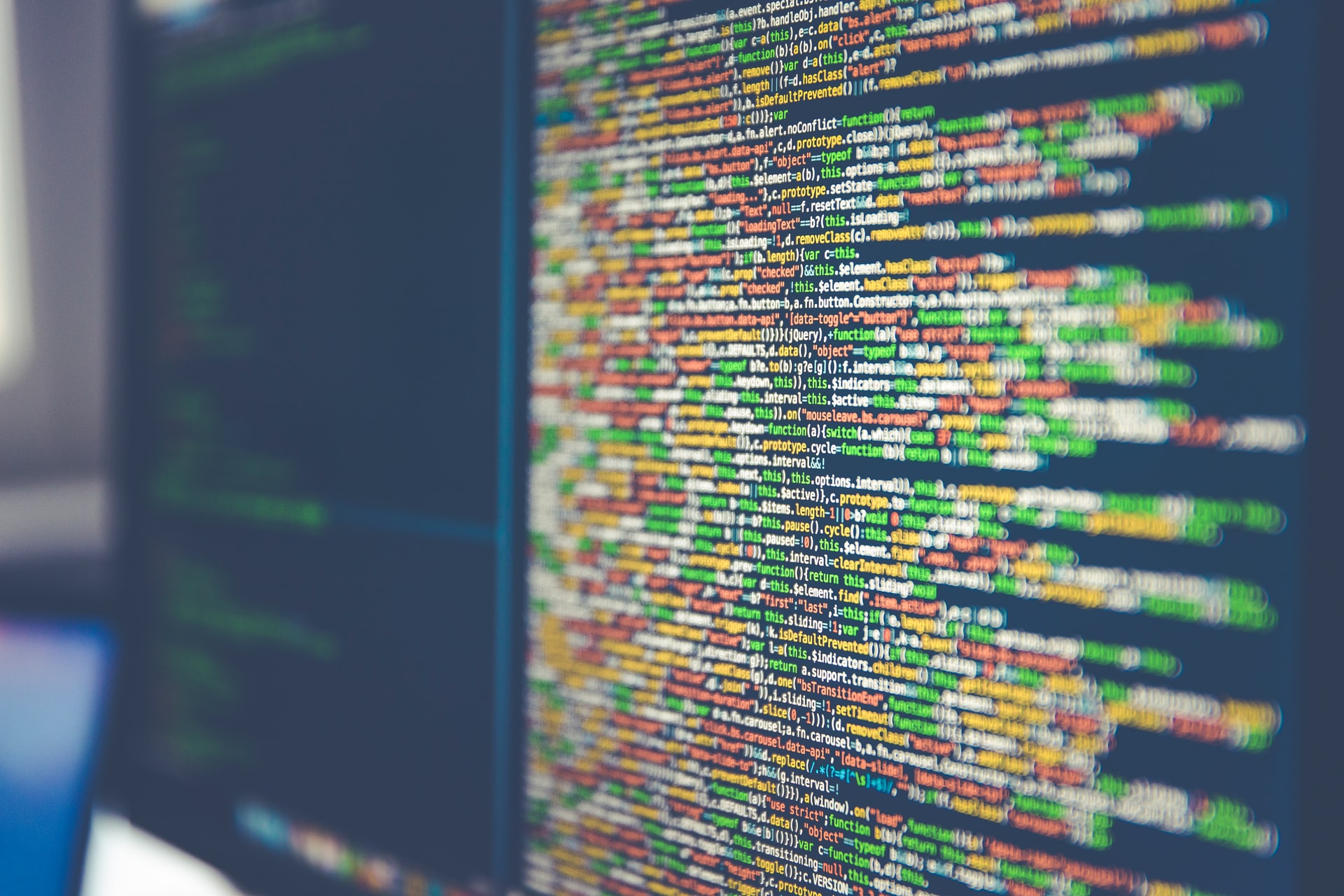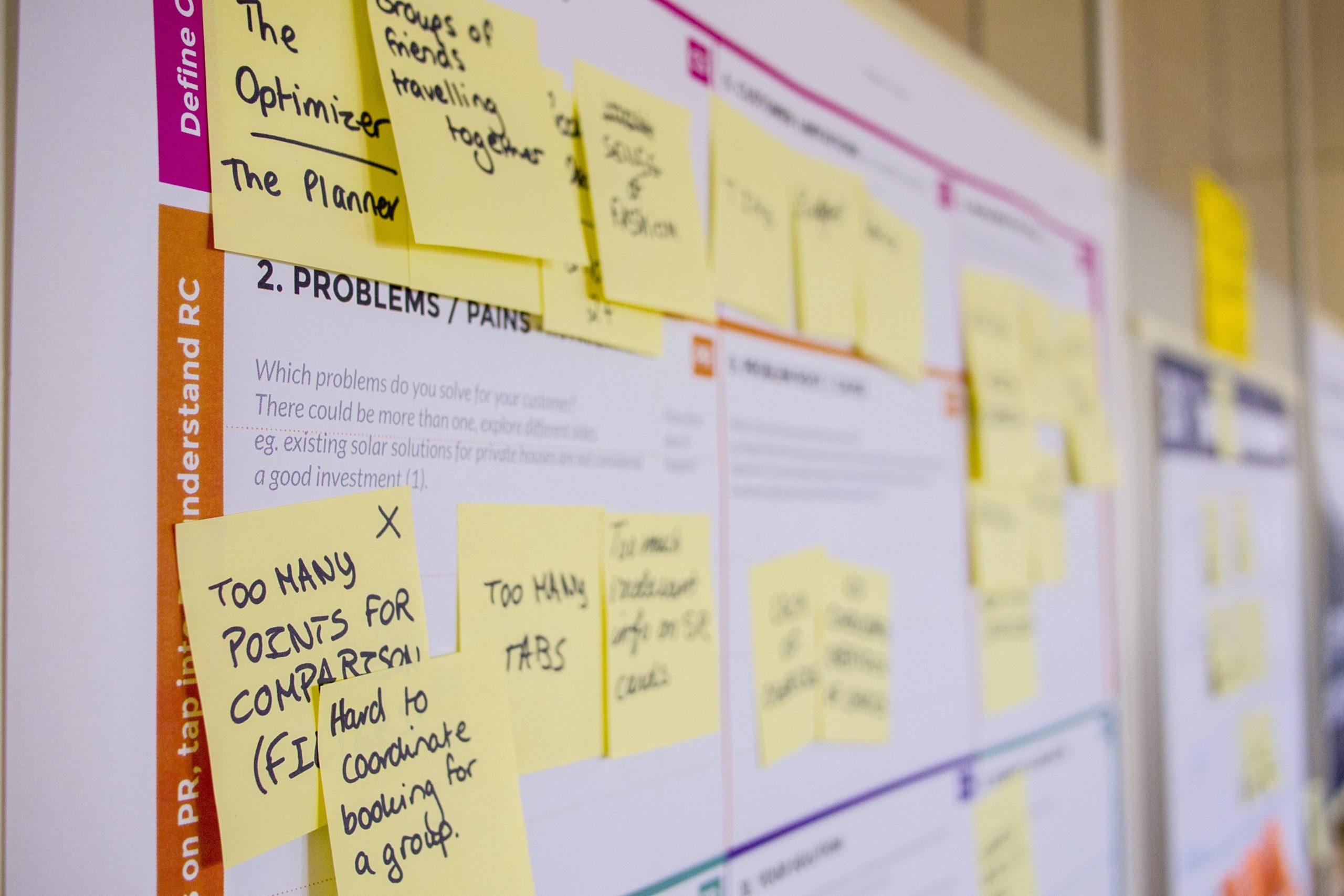

10 In-Demand Skills for Data Analysts
1.Data Wrangling The first skill on our list is data wrangling. Data wrangling is the process of cleaning, organizing, and transforming raw data into a format that can be used for analysis. This process is often tedious and time-consuming, but it's essential in order to ensure that the data you're working with is of high quality. Data wrangling skills are important because they allow analysts to make sense of messy and unstructured data sets. They also enable them to identify patterns and relationships within data sets that would otherwise be hidden.
2. SQL SQL, or Structured Query Language, is a programming language designed for managing data in relational databases. SQL skills are important for data analysts because they allow analysts to extract the specific data they need from large data sets. SQL skills also allow them to perform various other operations on databases, such as creating new tables or updating existing table entries.
3. Data Visualization Data visualization is the process of creating visual representations of data sets. These visualizations can take many different forms, such as bar charts, line graphs, or scatter plots. Data visualization skills are essential because they allow analysts to communicate their findings to non-technical stakeholders in an effective and efficient manner.
4. Machine Learning Machine learning is a subfield of artificial intelligence that deals with the construction and study of algorithms that can learn from and make predictions on data sets. It plays a big role in data analysis because it allows analysts to automate repetitive tasks, such as data cleaning and data transformation. Machine learning skills are important for data analysts because they give analysts the ability to build models that can automatically make predictions or recommendations based on new data inputs. It plays a big role in data analysis because it allows not only DevOps engineers but also data analysts to automate repetitive tasks, such as data cleaning and data transformation.
5. R or Python Programming R and Python are two of the most popular programming languages for data analysis. R programming skills are important because they equip analysts with the ability to perform complex statistical analyses and create custom graphics. On the other hand, being an expert in Python programming is not only beneficial in DevSecOps but also in data analysis because it allows data analysts to work with large data sets and perform complex operations on them quickly and efficiently.
6. Data Virtualization Data virtualization provides quick, central access to data that would normally be spread out across multiple systems. It also manages the data for security and governance purposes and delivers it to business users in real time. This can be extremely helpful for data analysts who need to access data from multiple different data sources. Data virtualization allows analysts to see data from all of these sources in one place, making it much easier to find patterns and relationships.
7. Excel/Google Sheets Skills Knowing how to use Excel or Google Sheets is essential for any data analyst. Excel and Google Sheets skills are important because they allow analysts to manipulate data sets and create pivot tables, which are used to summarize data. These skills enable analysts to perform various other operations on data sets, such as filtering or sorting data. Additionally, many data analyst jobs require proficiency in Excel or Google Sheets, so these skills are also essential for getting hired.
8. Communication Skills These skills are important for all professionals, but they're especially important for data analysts, who often have to explain their findings to non-technical stakeholders who may not be familiar with technical concepts or terminology. Good communication skills involve both verbal and written communication; being able to effectively communicate findings orally in meetings as well as being able to articulate those same findings in clear and concise written reports are both essential skill sets for data analyst professionals.
9. Critical Thinking This is an important skill set for all professionals, but it's especially important for those in positions where they're responsible for making decisions based on data. Data analysts possessing strong critical thinking skills will be able to better weigh the pros and cons of various options before making decisions. Also, those with data skills will display a willingness to rethink their initial assumptions if new information arises that challenges those assumptions.
10. Attention to detail Perhaps one of the most important skill sets of all professional attention to detail is because even small errors can have major consequences. This is especially true for data analysts since much of their job involves working with numbers; a single incorrect digit could result in the wrong conclusion being drawn from a set of information. All data analysts should strive to maintain a high degree of attention to detail in order to make sure that their work is accurate.
Conclusion
There you have it—the top 10 data analysis skills that you'll need to get hired in 2023! If you're looking to make an analytics career move in the near future, brush up on these skills to make sure you're ready for whatever comes your way!
Don't Waste Your Talent. Turn It Into a Career With a Course That Fits Your Needs!
Keep reading

What is Data Scraping and what are its applications for Data Analysis

HR and Data: What are People Analytics and how to use them?

Data Analysts: who are they, what do they do, and how much do they earn?

